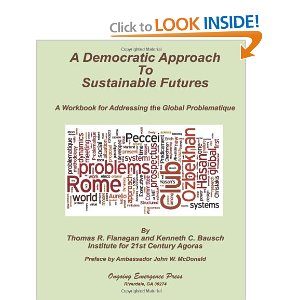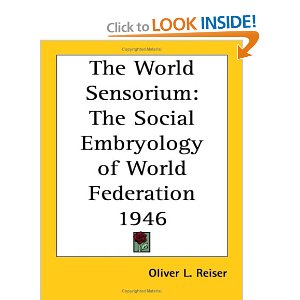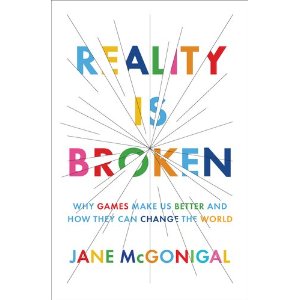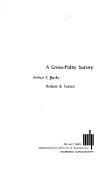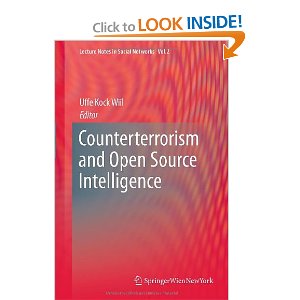
Uffe Kock Wiil (ed)
5.0 out of 5 stars , Innovative, Technical, Leverages Open Sources to the Fullest July 27, 2011
Springer needs to make it clear to Amazon that the book ships from a US-based warehouse. I have urged the lead editor and conference organizer to ask Springer to correct the error. The book is available within the US and should be delivered within the week once Springer corrects the way the book has been registered on Amazon. I anticipate that a paperback version will be offered at a more affordable price for individuals–this is the library or institutional “trade” price.
I am very glad to see the publisher make use of Look Inside the Book, and encourage all interested parties to use that feature and study the table of contents. I have to articulate my profound respect for the conference organizer and senior book editor and for those contributing to this book, all of whom I met at the conference for which this content was created.
I have never seen a better collection of scientific and mathematical approaches to leveraging open sources of information to identify precursors and patterns of terrorism. This is an original book, and the first major effort of the new counterterrorism center at the University of Southern Denmark.
Including my alternative perspective, as one other senior participant put it, “makes our job harder.” One reason I particularly like Nordic professionals is because of their integrity. There is a great deal of intelligence and total integrity in this book; it is an honor for me to have been included. I am not competent in the way the other authors are, and my regard for their pioneering is unlimited.
Also just published, very US centric but a really original study, is No More Secrets: Open Source Information and the Reshaping of U.S. Intelligence (Praeger Security International). I have provided a lengthy review at the Amazon page for that book.


